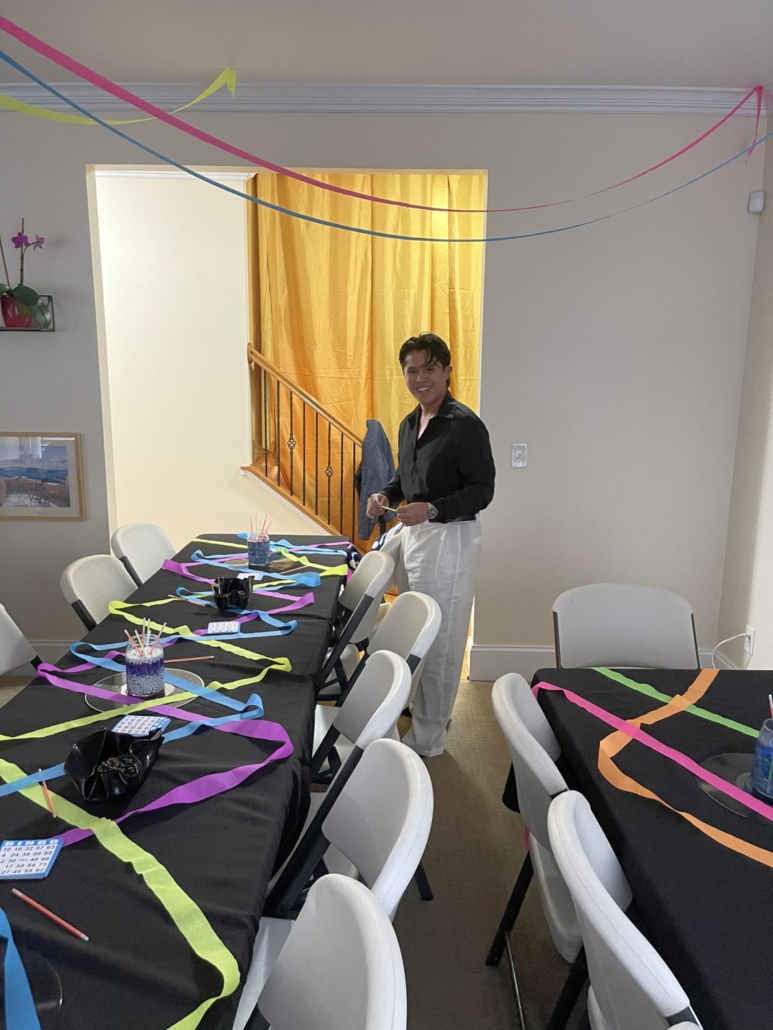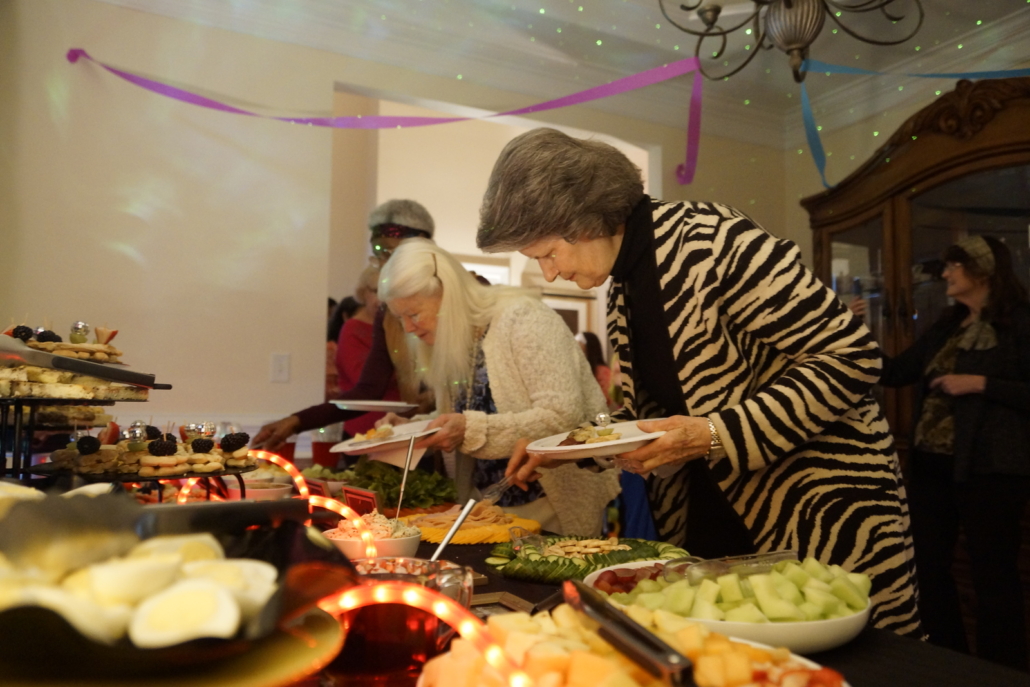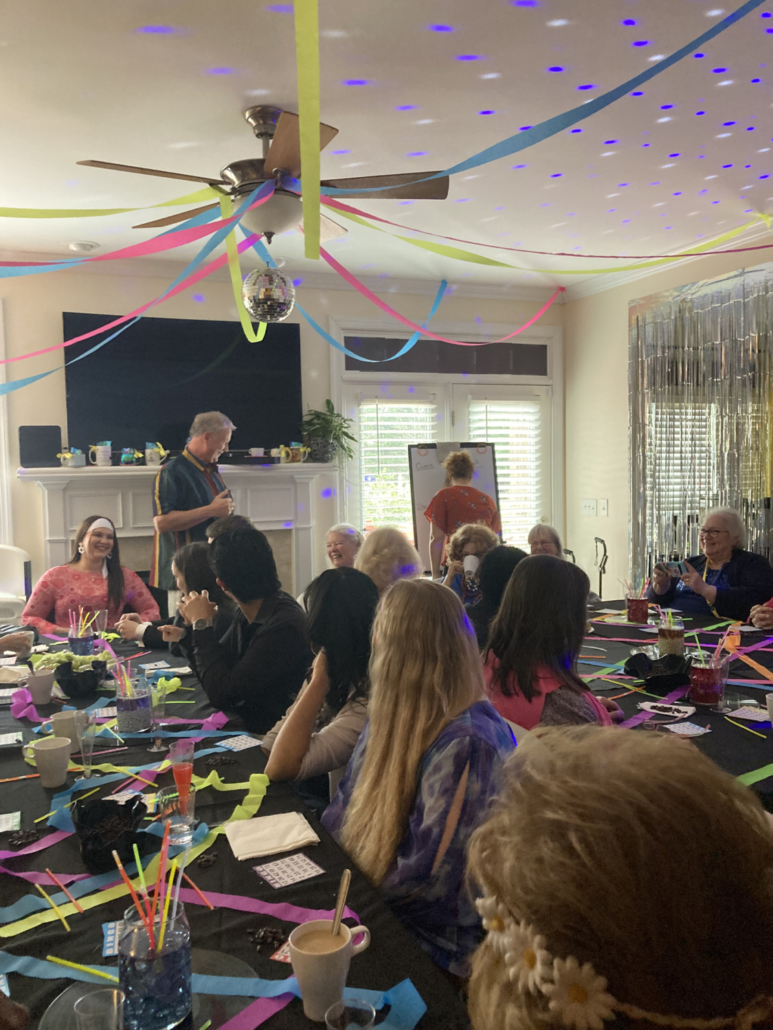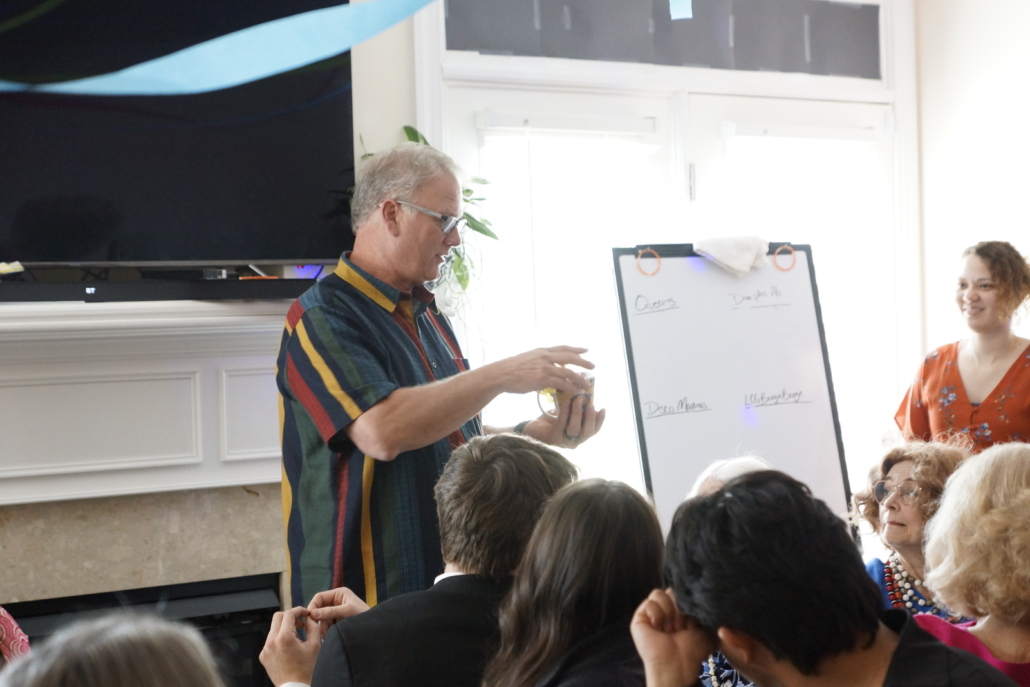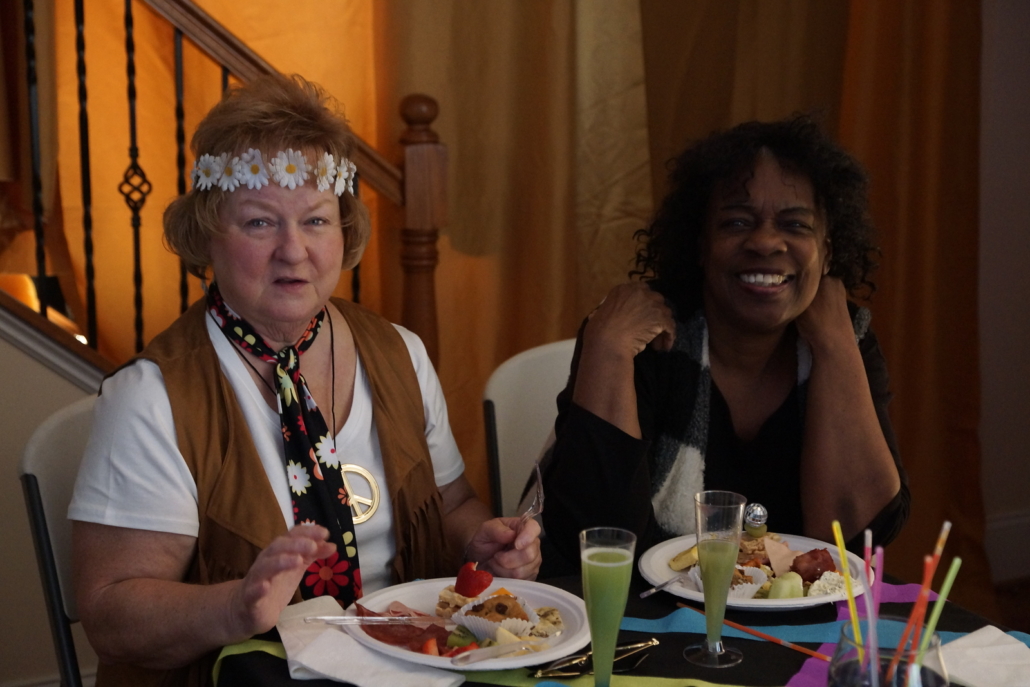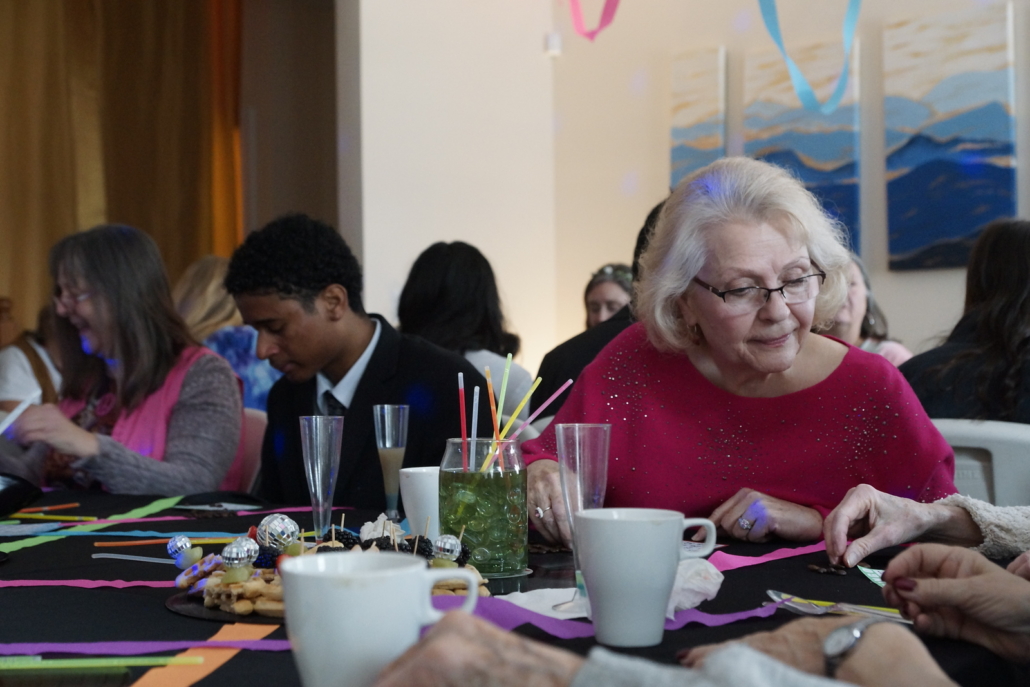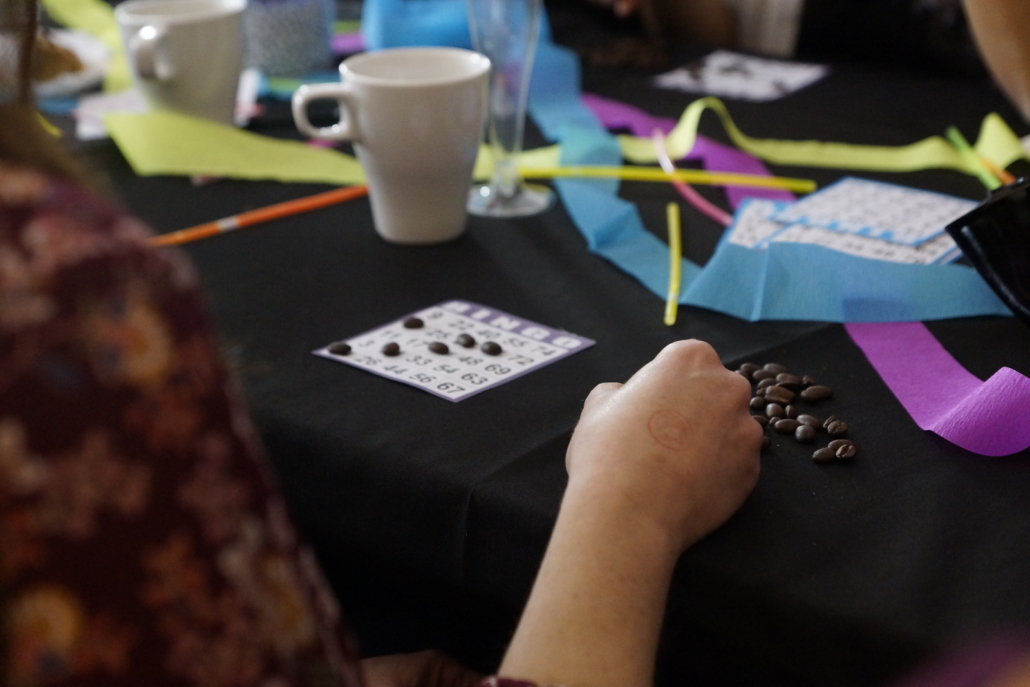Mr. Jonathan Bueno: Oral Tradition or Written Scripture?
Author: David Markopoulos | Living Education
These posts summarize the forums that our Living Education-Charlotte students attend each week.
Mr. Jonathan Bueno is an area pastor serving in the Pacific Northeast area. In a recent forum message at Living Education-Charlotte, Mr. Bueno spent time asking and answering an important question about Scripture: Does the Bible contain all the inspired words from God that we are meant to have?
God Communicates With Us
Hebrews 1:1 states: “God, who at various times and in various ways spoke in time past to the fathers by the prophets, has in these last days spoken to us by His Son.” This verse is important because it establishes the precedent that God does communicate with His people.
As the Bible was put into writing, we see a clear pattern from Moses onward in which communication occurred through inspired writings. Today, our complete Biblical canon forms the basis of our faith—our ability to carry out our mission as Christians depends on living by every word of God.
Is Something Missing?
Some denominations, such as the Catholic Church, also rely on various traditions and sacraments. Many of their foundational doctrines are based on oral tradition not found in recorded Scripture, yet are regarded as equally important and valid. This raises important theological questions. Does the Bible indeed contain all the inspired words from God that we are meant to have? Is God’s revelation through the Bible really complete?
Mr. Bueno offered three reasons why God’s Church rejects the oral traditions of the Catholic Church.
- God’s pattern for preserving truth among His covenant people is through inspired writings, not inspired sayings.
While there was likely a time before Moses when God did communicate primarily orally, it is clear that Moses’s effort to record both historical and contemporary accounts of God’s dealings with His people set a precedent going forward. Adam and Eve did know the law, which they likely received directly from God and passed on to their children. However, once God began working with Israel as a nation, we have an extensive record of history, prophecy, and divine interactions recorded in real time.
Over the years, many scribes and scholars preserved these Scriptures. Towards the end of the first century AD, the apostles themselves contributed to the canon and completed it. Written Scripture is the primary vehicle for God’s revelation.
- Oral tradition is unreliable because of human weakness and sin.
Human beings have an amazing intellect and ability to remember. But that long-term memory often falls short, and we are prone to sin. Our intellect and willpower are fallible, making oral tradition a difficult and unreliable way for God to preserve His truth. Over the thousands of years of God’s plan unfolding, it would have been very difficult to preserve that truth accurately. Furthermore, oral tradition is more easily discredited than a written record, which is more credible. God avoided a less effective method of sharing His truth not only to preserve its accuracy, but to keep its validity ironclad.
- Oral traditions typically contradict Scripture.
So many doctrines and dogmas that come from “sacred” tradition actually contradict things that the Bible is clear about. If we treat the Bible as the primary and fundamental source of authoritative revelation, there is no room for oral tradition to usurp its role as the primary vehicle for God’s truth.
We Have God’s Word
2 Corinthians 11:4 states: “For if he who comes preaches another Jesus whom we have not preached, or if you receive a different spirit which you have not received, or a different gospel which you have not accepted—you may well put up with it!” Oral tradition is an unreliable contradiction to Scripture. Instead of relying on mixed messages and unbiblical dogma, we should let the Bible speak for itself and appreciate God’s foresight in having His word written down.
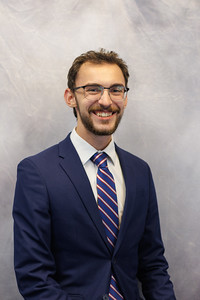
David Markopoulos is a Living Education alumnus from the 2023-2025 school years. Originally hailing from Chicago, he currently works for the Living Education program.

